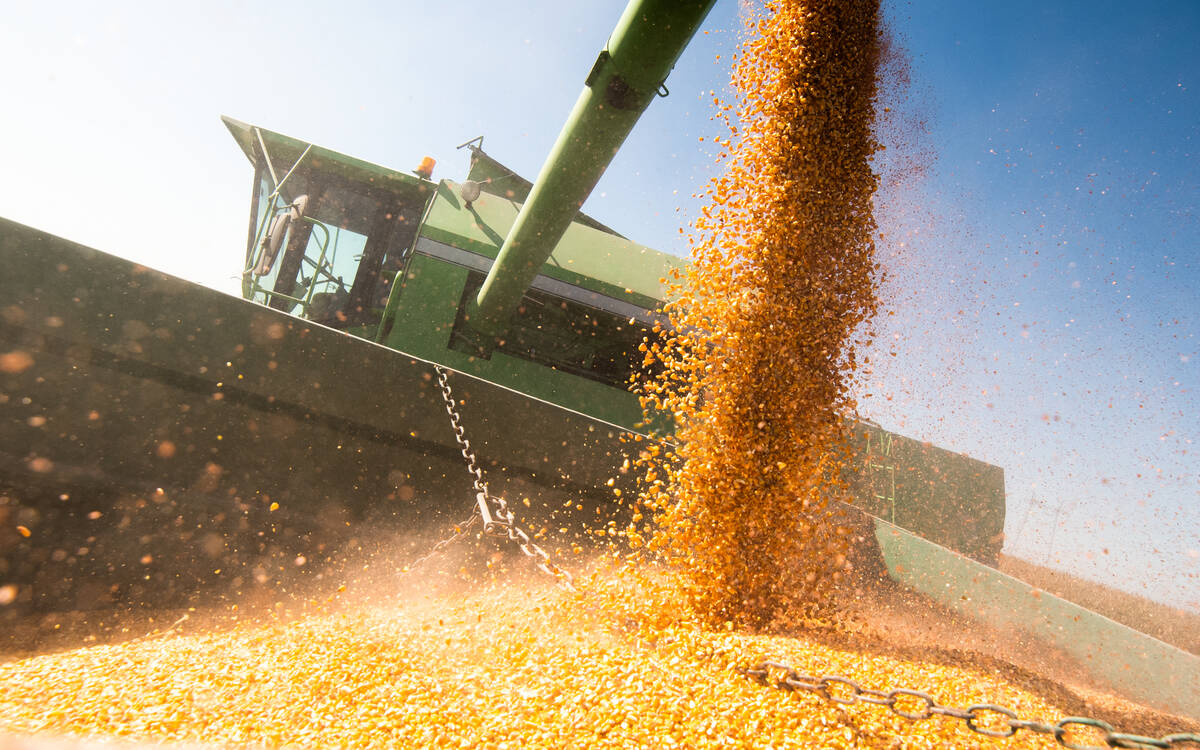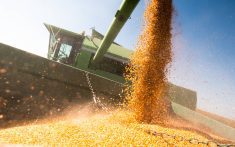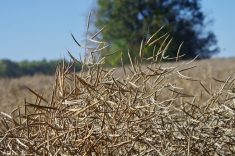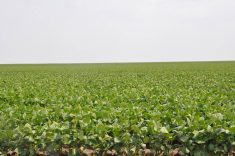Sunflower prices in southern Manitoba may be strong heading into the spring, but so are most other options and the crop will likely see a reduction in acres, according to a sunflower merchant.
“Right now, we’re struggling like all special crops, to get farmers to grow (sunflowers),” said Bruce Wiebe of Keystone Grain at Winkler, Man. Current new crop bids, of 35 cents per pound for confectionary sunflowers and 30 cents for oilseed, were favourable, but other cropping options are also looking good, he said.
“There really is no bad option on the farm,” Wiebe added.
Read Also

Feed Grain Weekly: Corn affecting barley prices in Lethbridge
Corn imports entering Lethbridge have lowered prices for feed barley compared to those in Edmonton.
Sunflowers are grown in the same areas of southern Manitoba where corn is grown, and currently corn is offering the best returns. However, if it is too wet in the spring and farmers can’t get corn in the ground, they may turn to sunflowers.
“The biggest thing will be, what will the weather be like?” said Wiebe.
Corn needs to be planted by mid-May, while sunflowers can still go in the ground in mid-June, said Wiebe. If producers can’t get corn in the ground, and still want to grow a crop that allows them to spread their harvests out, some acres intended for corn may go to sunflowers instead.
Early indications were pointing to confectionary sunflower plantings of about 50 to 70 per cent of the previous year, he said. Buyers should still be able to find comfortable supplies at those levels, but any lower could lead to a tight situation, he said.
The acres will go in the ground, he said, but there may be fewer contracted acres than normal, as producers hold off on their final planting decisions.
Manitoba farmers planted 135,000 acres of sunflowers in 2010, the majority being confectionary varieties.
Spot prices for oil and confectionary sunflowers in southern Manitoba currently top 30 cents per pound for both classes, according to the latest Prairie Ag Hotwire data.















